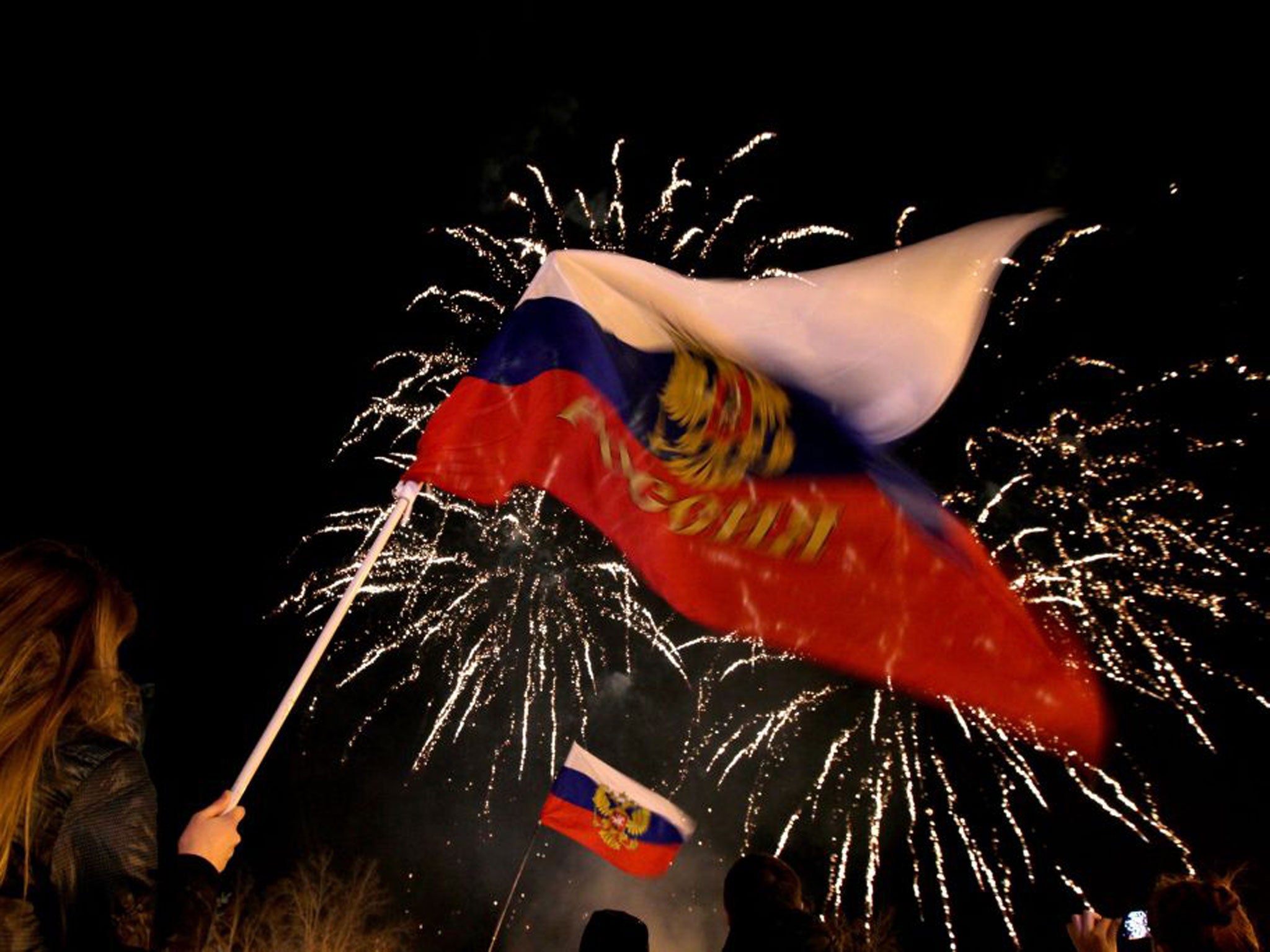Urgently needed: A new Crimean Conference to stop war
The problems to solve are immense. However the alternative is horrific


Your support helps us to tell the story
From reproductive rights to climate change to Big Tech, The Independent is on the ground when the story is developing. Whether it's investigating the financials of Elon Musk's pro-Trump PAC or producing our latest documentary, 'The A Word', which shines a light on the American women fighting for reproductive rights, we know how important it is to parse out the facts from the messaging.
At such a critical moment in US history, we need reporters on the ground. Your donation allows us to keep sending journalists to speak to both sides of the story.
The Independent is trusted by Americans across the entire political spectrum. And unlike many other quality news outlets, we choose not to lock Americans out of our reporting and analysis with paywalls. We believe quality journalism should be available to everyone, paid for by those who can afford it.
Your support makes all the difference.The people of Crimea - on the insistence of the Provisional Government in Kiev they are still Ukrainian citizens - have voted overwhelmingly in favour of joining Russia.
They did so of their own free will, regardless of the fact there were polite, enigmatic and very well equipped anonymous soldiers in evidence throughout the region. The fact that Russia is far richer than the country they recently belonged to also had nothing to do with their decision. There was an emotional tug as well - Crimean Russians regard themselves as Russian.
What happens next, though, is anyone’s guess. According to the current version of the Ukrainian Constitution, the referendum doesn’t have any legal standing; according to the US and its friends in Nato, absorption of the Crimea by the Russian Federation would be illegal too. But there is a precedent: the Advisory Opinion, issued by the Court in The Hague (the supreme international law authority in such matters) on Kosovo, casts a strong doubt on those certainties.
It is immediately clear, however, that we have already entered a mini Cold War. This could turn into a proper Cold War, or even go 'hot', if the situation in and around the Ukraine carries on deteriorating. On the other hand the situation could calm (as the previous potential flashpoint over North Ossetia, similar but much smaller, did). For that to occur, the help of the “Russian Lobby”, prominent in London, which has become addicted to the billions siphoned off from Russia’s economy, needs to get involved.
Whatever happens next - and a correct prediction is well-nigh impossible - the genie let out by the coup in Kiev, and the Russian reaction to it, will stay. Above all, it is a core European problem, which has festered in the centre of the Continent for the best part of the last thousand years. Here we are, 100 years after the outbreak of World War One, or 200 years after the Vienna Congress, which started in 1814, grappling with the very same issues.
What is necessary now, as I have suggested a couple of times before, is a new Crimea Conference, as historically important as the Yalta Conference, also in Crimea, in 1945.
READ MORE: FOREIGN LEADERS CONDEMN 'RUSSIA'S DESTABILISING ACTIONS'
EVEN THE TIME CHANGES ON CRIMEA'S FIRST DAY UNDER RUSSIAN RULE
RUSSIA COULD 'TURN THE US TO RADIOACTIVE DUST' - TV PRESENTER
The modern summit would be empowered urgently to look at a whole spectrum of issues - military, security, economic - including the status of the Crimea (perhaps considering some sort of free zone status as a way of compromise), the Russian Fleet, a glaringly necessary Marshall Plan for Ukraine… Even in preparing such a gathering there would be major obstacles. One of them, for example, would be the position of Poland, whose informal veto on the tripartite talks between the EU, Ukraine and Russia was at the root of the current troubles.
The problems this new Crimea Conference has to solve are immense. However the alternative is horrific. As in our war-torn past, war-mongers, war-profiteers and even more ominously, supposedly neutral people, who quietly argue that a little bit of conflict, cold or warm, is somehow acceptable, are more plentiful than ever. Alas, as often happens, we’re the ones who will pay a terrible price should hostilities escalate.
Alexander Lebedev is publisher of The Independent and Evening Standard
Join our commenting forum
Join thought-provoking conversations, follow other Independent readers and see their replies
Comments